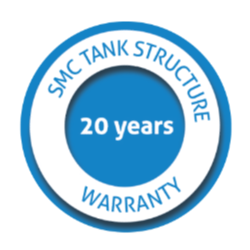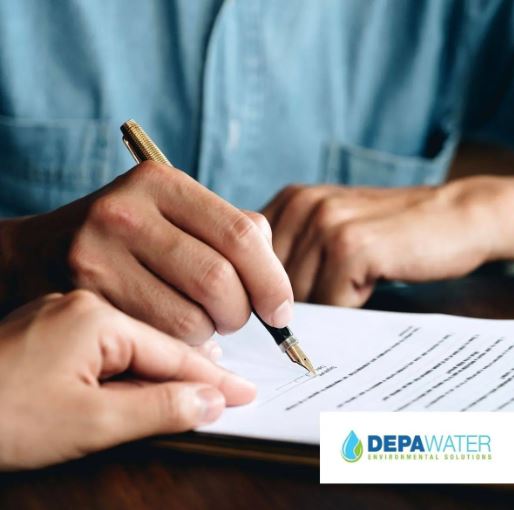
General Binding Rules exist in the UK to regulate sewage treatment systems.
However, treated wastewater legislation is different in England, Scotland, Wales and Northern Ireland.
See below the legislation about sewage treatment plants in the UK.
You will find a list of the regulation bodies in England, Scotland, Wales and Northern Ireland for Sewage Treatment Solutions.
It also included is a brief introduction to the 2020 changes to septic tank regulations in England and Wales.
If you have any questions, feel free to call us
Who is concerned by the UK Wastewater Legislation?

You are responsible for a sewage treatment plant or septic tank in the following cases:
- You are the owner of a property that uses this system.
- Your property share this system with other properties (So you are jointly responsible)
- You have an agreement with the owner of the property for which you are responsible for the system – for example, you rent a property, and you have a tenancy agreement with the owner.
UK Wastewater Legislation: the Regulating Bodies
In each country, different agencies implement them:

The Environment Agency (England) is an executive non-departmental public body, sponsored by the Department for Environment, Food & Rural Affairs.

Natural Resources Wales (Wales) is a Welsh Government Sponsored Body, taking over the functions of the Countryside Council for Wales, Forestry Commission Wales and the Environment Agency in Wales, as well as certain Welsh Government functions.

The Scottish Environment Protection Agency (Scotland) is a non-departmental public body of the Scottish Government.
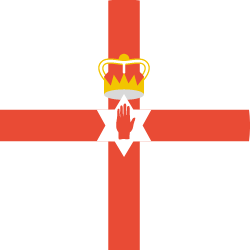
The Northern Ireland Environment Agency (Northern Ireland) is an Executive Agency within the Department of Agriculture, Environment and Rural Affairs.
These organisations’s primary purpose is to protect and enhance the UK’s environment. By doing so, they ensure that the UK’s natural resources are used as sustainably as possible. They also make sure that human health is not in danger.
Sewage discharge – UK Wastewater Legislation
Your septic tank or treatment plant will treat your sewage. Then it will release the treated liquid called ‘sewage discharge’ into the environment. Depending on the installation you have, you must make different adjustments:
- “whether the sewage discharge goes into the ground or into surface water
Please note: You may need an environmental permit if you discharge liquid effluent or waste water as it includes poisonous, noxious or polluting matter, polluting substances, waste matter, trade or sewage effluent.”
- “if the sewage treatment system existed before 2015 and has not changed significantly since 1 January 2015. It’s called an ‘existing discharge’. You have an existing discharge if additionally:
- it has not changed in discharge type (from ground to surface water)
- it has not been moved more than 10 metres from the original location
- the discharge has not increased in volume since 1 January 2015
- if the discharge has increased it is still less than 2 cubic metres (2,000 litres) a day if it goes to ground or less than 5 cubic metres (5,000 litres) a day if it goes to surface water”
→ If you already have a septic tank or sewage treatment plant, you must check if it meets the ‘general binding rules’.
- “if the sewage treatment system was installed or has changed significantly since 1 January 2015. It’s called a ‘new discharge’. You have a new discharge if additionally:
- it has not yet started (for example, if you’re still in the planning stage of building a house or business)
- it started on or after 1 January 2015
it changed in type (from ground to surface water, or the other way around) on or after 1 January 2015 - it has moved more than 10 metres on or after 1 January 2015
- since 1 January 2015 the discharge has increased to more than 2 cubic metres (2,000 litres) a day if it goes to ground or more than 5 cubic metres (5,000 litres) a day if it goes to surface water”
→ If you have a new discharge, it must be connected to a mains sewer – called a ‘public foul sewer’- if the Environment Agency decide it is ‘reasonable’ to do so.
2020 Septic Tank Regulations
Sewage treatment legislation for both England and Wales changed back on January 1, 2020.
Among those changes, it includes acts on septic tanks that discharge to surface water. They will require either an upgrade or a replacement with a sewage treatment plant. You will no longer be able to discharge the effluent directly to a watercourse.
In the past, you could discharge sewage in two ways:
- Drainage field
Sewage is released through a network of pipes in the surrounding field, providing an additional form of treatment processes. This helps ensure that the effluent percolating does not cause pollution. Septic tanks discharging into a drainage field are not affected by the new 2020 septic tank regulations. - Watercourse
The effluent flows through a pipe directly into a watercourse (lake, river, etc.). The new rules do affect this type of discharge as they state that direct discharge from a septic tank into a surface water will no longer be permitted. If the agencies find out that you are currently polluting surface water as a result of a direct discharge from a wastewater treatment plant, you will be required to install new water systems within a year (on a case by case basis).

If you want to learn more about the new 2020 septic tank regulations and know how they may affect you, check our page about 2020 Septic Tank Regulations or download our free 2020 Septic Tank Regulation ebook or simply request a call back.
What to do if you don’t meet the General Binding rules?
The General Binding rules apply only to domestic sewage, including the kitchen, bathroom, toilets or shower.
To learn more about domestic sewage: please check this page by the Environment Agency.
You must change and upgrade your system if you don’t meet the General Binding Rules.
What are the risks of not being compliant with the UK Sewage Treatment Legislation?
Suppose your sewage treatment system is not compliant with the law. In that case, you are polluting the ecosystem around you.
You must upgrade your sewage treatment system whether you risk a significant fine from the Environment Agency or prosecution.
Tricel sewage treatment solutions
Tricel offers a large range of sewage treatment solutions for domestic and commercial use. All our solutions comply with UK sewage Treatment legislation and the 2020 septic tank regulations.
With more than 70 years of experience, we are experts in sewage treatment. We have installed a large number of devices in the UK and around the world.
Please discover our solutions below :
Tricel product range
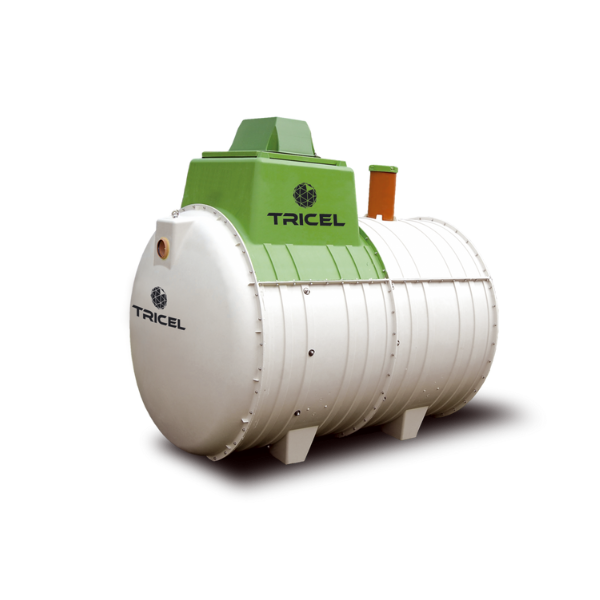
Tricel Novo Sewage Treatment Plant
Durable & long lasting SMC tank, shallow dig tank, easy installation (Plug and Play), long life components.
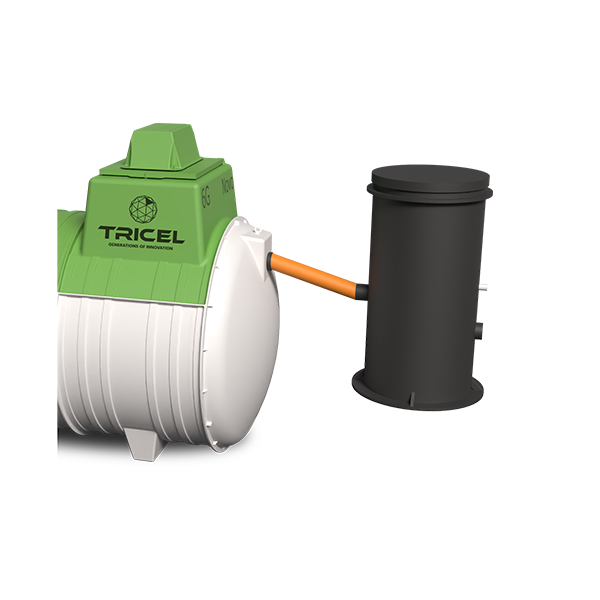
Tricel Phosphorus Removal
Tricel PhosClear is a ready-to-install system that reduces Phosphorus wastewater without using chemicals.
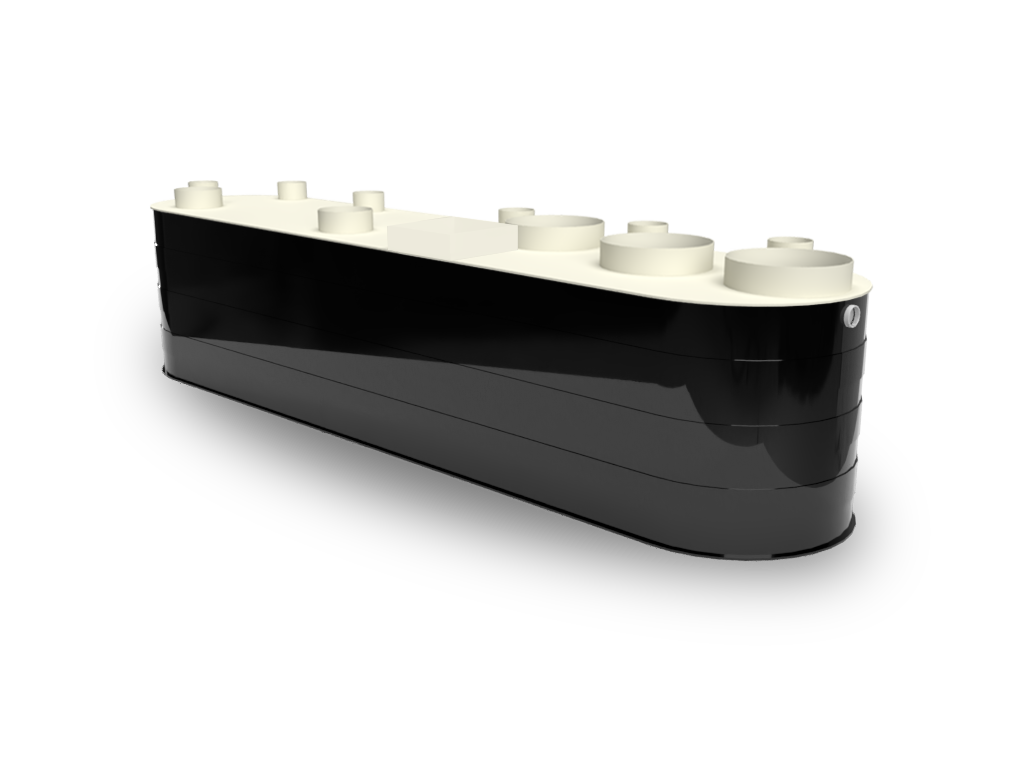
Tricel Maxus Sewage Treatment Plant
Commercial plant. Submerged Aerated Filter (SAF) technology. Ideal for every project over 50 Population Equivalent.
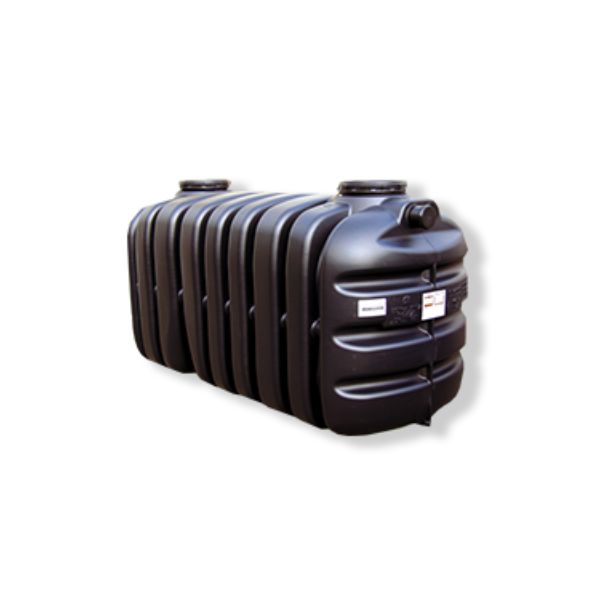
Tricel Vento
Septic Tank
Shallow dig tank, strong & robust underground tank, no electrical or moving parts.
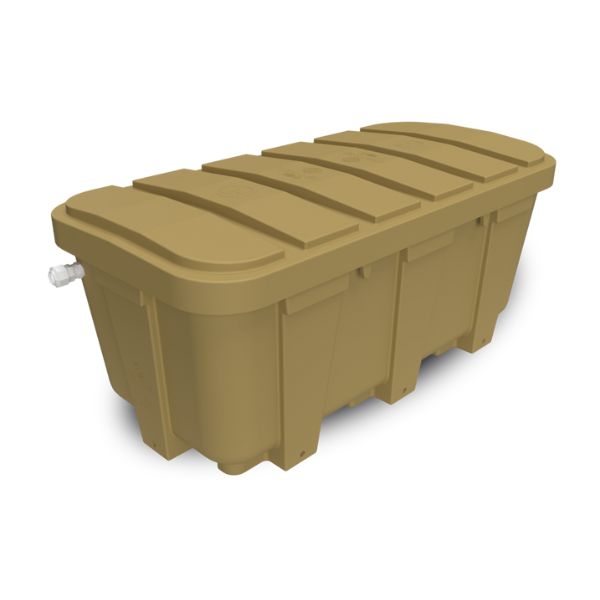
Tricel Tero Tertiary System
Next Generation tertiary wastewater treatment unit with proven E.Coli treatment capabilities.
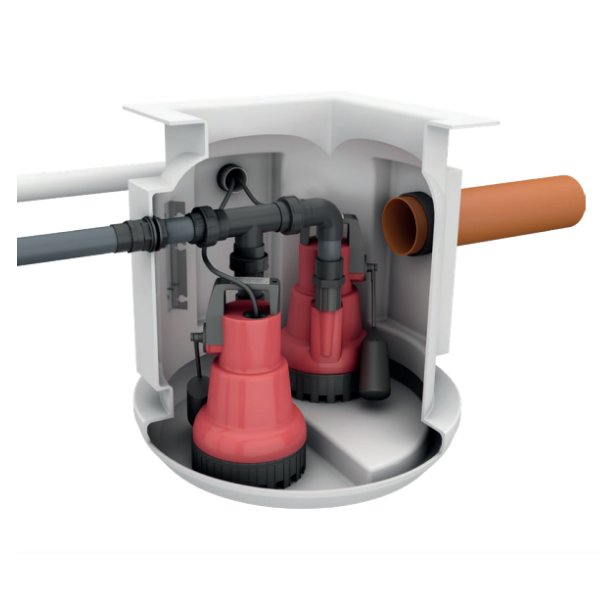
Tricel Pumping
Stations
Pump fluids from one place to another where gravity drainage cannot be used, easy and trouble-free installation.
Certified CPD Training Course
In order to help people better understand what is at stake here, we regularly hold certified course sessions about sewage treatment plants.
We cover the current sewage treatment legislation in place in England, Wales and Scotland.
You also receive some tips and advice from our sales team to install correctly sewage treatment plants in order to be fully compliant with the British Standards and relevant environmental agencies.
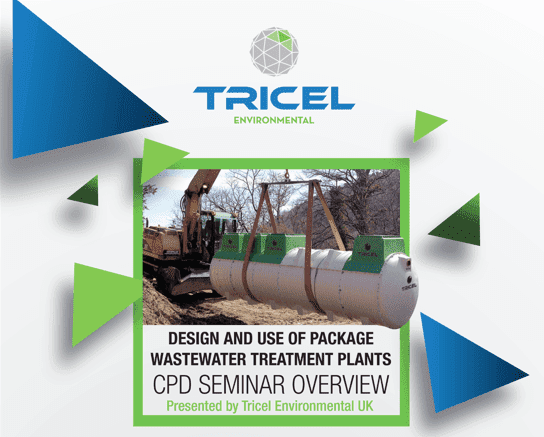
In order to help people better understand what is at stake here, we regularly hold certified course sessions about sewage treatment plants.
We cover the current sewage treatment legislation in place in England, Wales and Scotland.
You also receive some tips and advice from our sales team to install correctly sewage treatment plants in order to be fully compliant with the British Standards and relevant environmental agencies.
Frequently Asked Questions
Tricel’s wastewater treatment plants are certified according to EN12566-3.
The tests were conducted by PIA, an independent company. In order to be installed in the UK, a treatment plant must meet the requirements of EN12566-3 series accredited by TC165 of the European Committee for Standardization. Testing includes structural strength, water tightness, durability, and treatment efficiency. The National Annex verifies their results.
For more information about our warranties, please check our dedicated “sewage treatment certification and warranty” page.
Please refer to the sections above and the homeowners’ responsibilities article.
You can also download our ebook.
Finally, our team is there to answer your questions, discuss your project, and do site visits.
